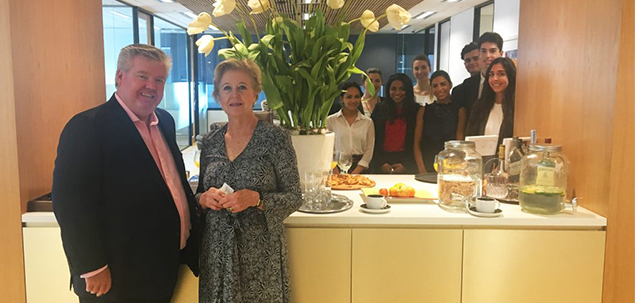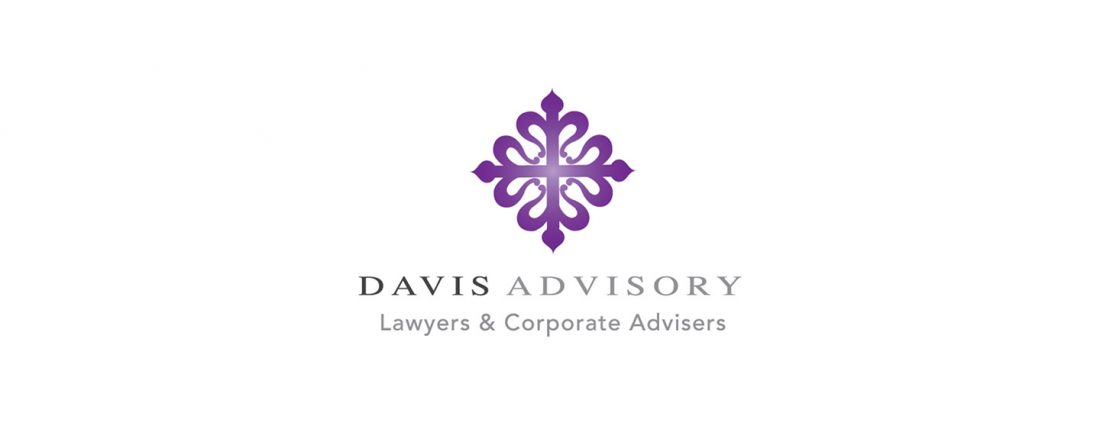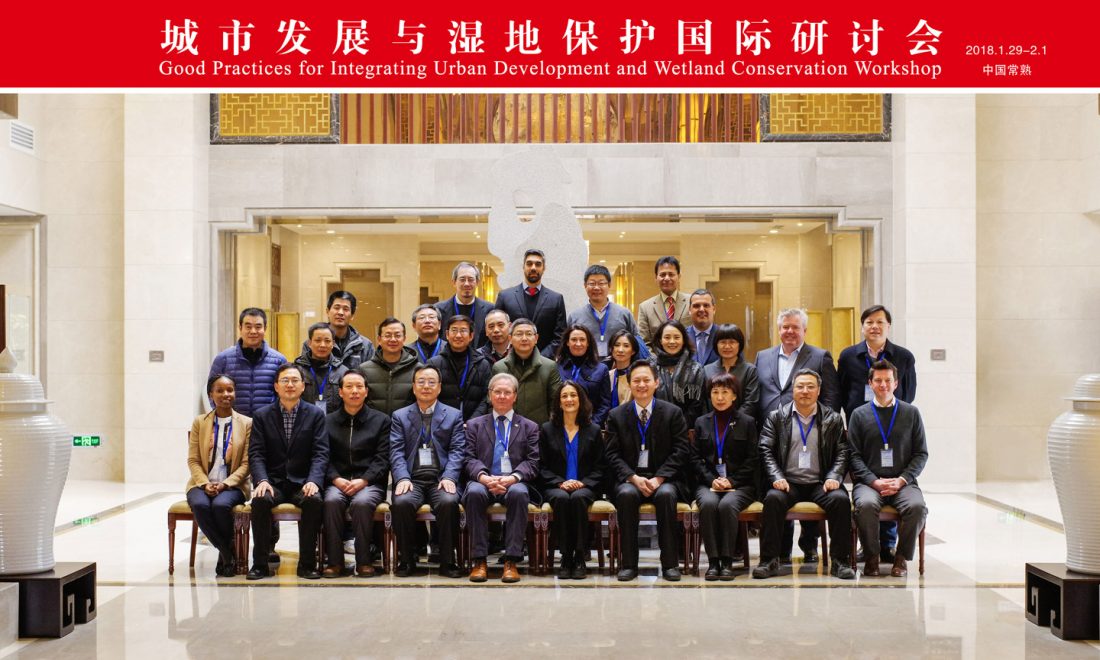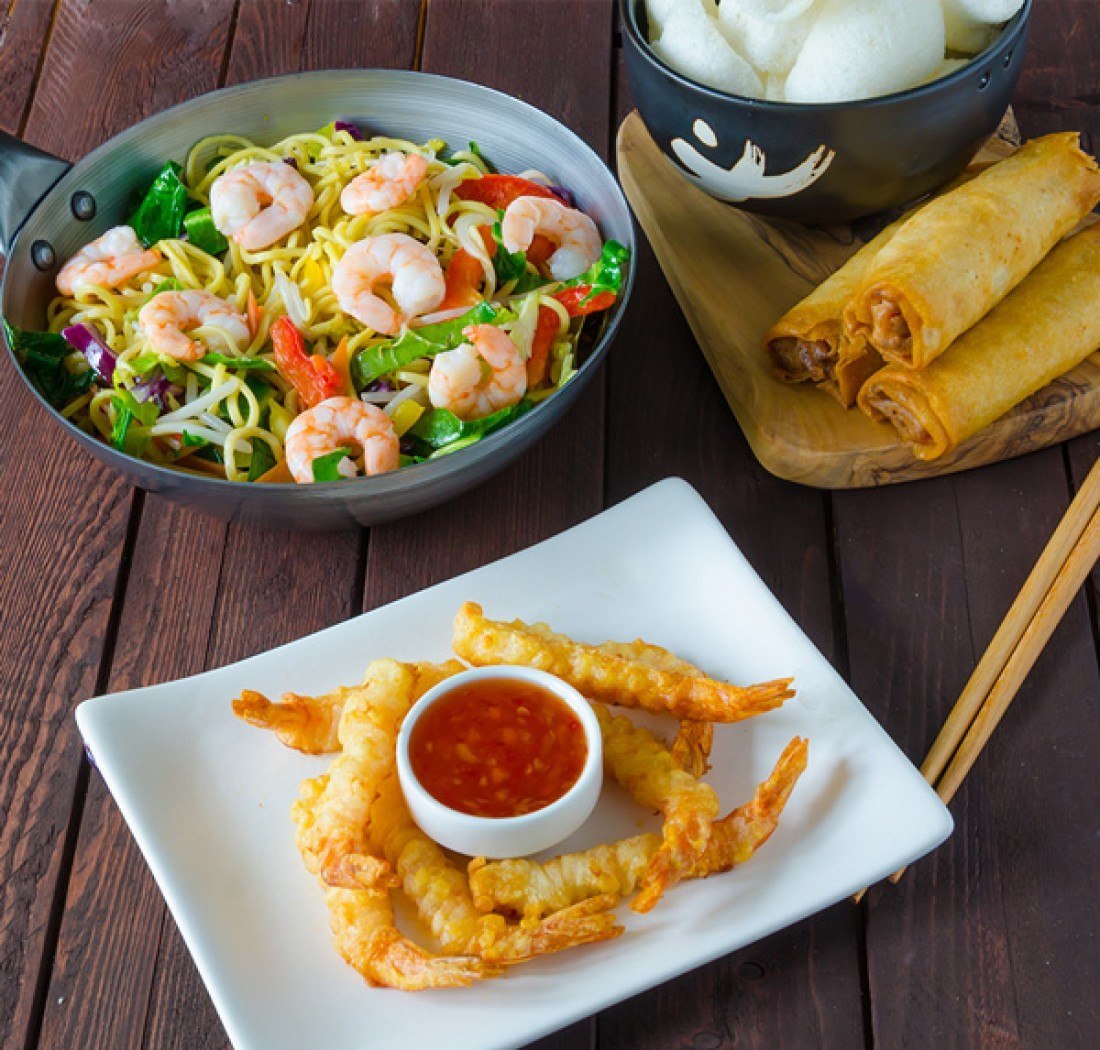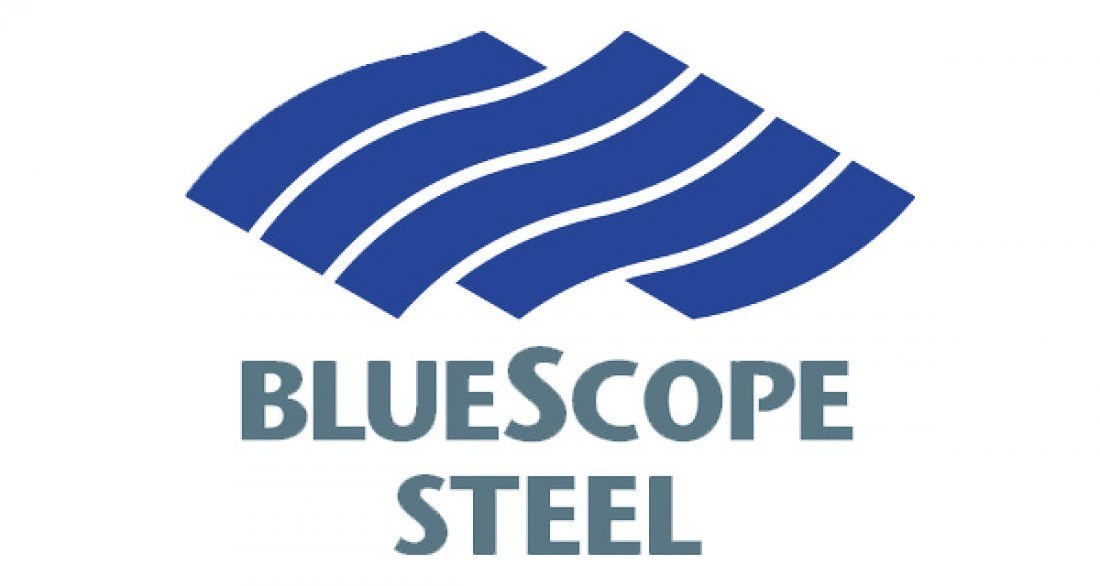Davis Advisory lawyers was recently asked to contribute to the Asian Food Regulation Information Service Newsletter. The following article appeared in Vol 4 Issue 9 on 24 May 2014.
Regulatory update: CoOL again under the spotlight in Australia.
By Ben Clemson, Legal Projects Manager and Solicitor, Davis Advisory
The Davis Advisory Food & Wine Team has extensive expertise in Australia and throughout Asia assisting clients with solutions to commercial, legal and regulatory issues relating to food standards, import and export, trade marks, commercial arrangements and environmental management. Please visit our website contact us page for details of our offices around Australia or Ho Chi Minh City, Jakarta, Bangkok and Singapore.
While Australia’s federal parliament has a fondness for inquiries into Country of Origin Labelling (CoOL), its record on substantive legislative action is somewhat less willing. But with the minority partners in Australia’s ruling Liberal National Coalition government pushing for reform it seems increasingly likely that substantive changes to CoOL are on the agenda. This article summarises Australia’s current CoOL regime and why it remains in the spotlight for reform.
CoOL is required for most foods in Australia under the Australia New Zealand Food Standards Code, which is regulated by Food Standards Australia New Zealand (‘FSANZ’). In addition to the Code, the Imported Food Control Act 1992 legislates the compliance of imported food with Australia’s public health, safety and food standards. More generally, imports are also regulated under the Commerce (Trade Descriptions) Act 1905 and the Commerce (Imports) Regulations 1940. On top of these statutes and regulations are the provisions of the Australian Consumer Law (ACL) in the Competition and Consumer Act 2010, particularly the country of origin ‘safe harbour’ provisions under s. 255 of the ACL. The ACL is regulated by Australia’s competition regulator, the Australian Competition and Consumer Commission (ACCC).
The ACCC issues guidelines to businesses on how safe harbour CoOL claims can be made without attracting adverse attention from the regulator. The most recent guide, released last month, recommends the following CoOL claims:
- “Australian Grown” means the product was grown in Australia.
- “Product of Australia” means that a significant component of the product originated in Australia and almost all the production processes occurred in Australia.
- “Made in Australia” means the product has been substantially transformed in Australia and at least 50% of the cost of making it was incurred in Australia. However, none of the ingredients need be from Australia.
- “Made in Australia from local and imported ingredients” has no substantial transformation, production cost or ingredient requirements. Instead, its use is subject to the misleading or deceptive conduct provisions of the Australian Consumer Law.
It is this last claim which has generated the most controversy. It is the source of the most complaints to the ACCC, and the ambiguity around its meaning is one of the drivers of the current inquiry.
Surveys have consistently shown that food origin labelling is a priority concern for Australian consumers. In 2012 consumer advocate CHOICE found that 84% of survey respondents said it was either crucial or very important to know if food was grown in Australia, while 80% said it was crucial or very important to know if food was manufactured in Australia. Whether intent translates into purchasing behavior is another matter, but what isn’t in doubt is widespread consumer confusion with Australia’s current CoOL regime. CHOICE also found that only 12% of those surveyed understood the meaning of “Made in Australia”, 8% understood “Australian Grown” and just 3% “Made in Australia from local and imported ingredients”.
Against this backdrop of multi-layered regulation and consumer confusion has been the rapid rise of food imports into Australia. Between 2003 and 2011 food imports grew 45%. In 2011 the Australian Food & Grocery Council (‘AFGC’) predicted that the import share of turnover will increase from 23% (2009) to 45% (2020). If that trend plays out then the AFGC predicts that food and grocery manufacturing industry employment could fall from 312,000 to around 180,000 by 2020 – a loss of up to 130,000 jobs.
Australian manufacturers such as SPC Ardmona, Simplot and McCain have blamedthe steady rise of cheap imported products together with confusing country-of-origin labelling as key factors affecting their market share and profitability. But with successive Australian governments committed to reducing trade barriers and promoting free trade, Australian manufacturers will continue to face competition from cheaper imports. CoOL is one of the few tools they can use to market their products to price-conscious Australian consumers. So tensions have risen as companies attempt to balance price with patriotism against a backdrop of falling profits.
In response to this increasingly fraught environment, Australian politicians of different political stripes have launched a number of inquiries and commissioned reports. In 2011 the centre-left Labor government commissioned an independent panel headed up by former Labor minister Dr Neal Blewett. The panel recommended a simplification of the CoOL regime to make it more consumer-friendly. This recommendation wasrejected by the government on the grounds that it would be too costly for business to implement, and no legislative changes were forthcoming.
Then in August 2012 a Senate inquiry into Australia’s food processing sector criticized the government’s response to the Blewett report and recommended a simplified CoOL regime. The left-leaning Greens party followed up by introducing the Competition and Consumer Amendment (Australian Food Labelling) Bill 2012 (No. 2). A government controlled Senate inquiry into this bill rejected the proposed amendments. Then in May 2013 the Greens party introduced the Competition and Consumer Amendment (Australian Country of Origin Food Labelling) Bill in part to address the shortcomings identified by the Senate inquiry. The bill lapsed due to the federal election.
The election of the centre-right Liberal National government has seen CoOL back on the agenda. In March the new Minister for Agriculture, Barnaby Joyce, and the Minister for Industry, Ian MacFarlane, asked the House Standing Committee on Agriculture and Industry to inquire on Australia’s country of origin food labelling regime. Minister Joyce is a long time advocate for simplified CoOL rules, but interestingly maintains a ‘small government’ approach to other labelling reforms, describing advocates of traffic light nutrition information labelling as the ‘nanny state brigade’.
The Committee membership consists of Labor and Liberal National members. There are no Greens or independents on the committee with the exception of independent rural MP Cath McGowan. As such it is difficult to predict the outcome of the inquiry, other than to note that Minister Joyce is not bound to implement the recommendations of the committee. But while the outcome of the report cannot be predicted, one can safely say that it won’t be the end of CoOL as an issue in Australian politics.

